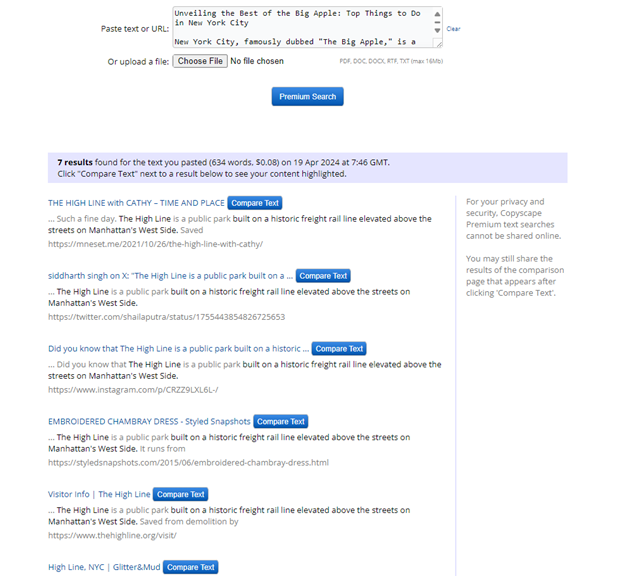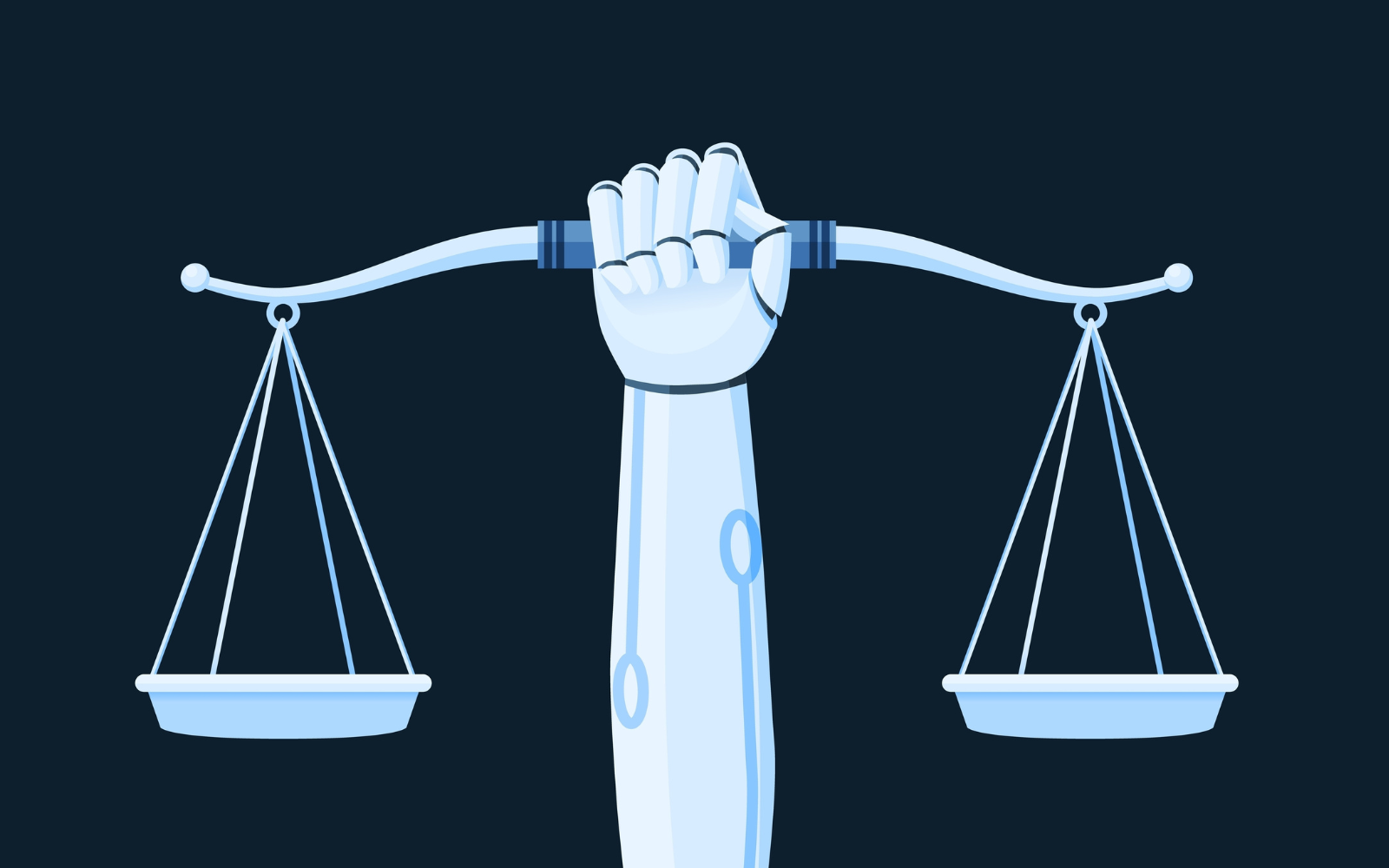AI can help brands and marketers be more efficient and productive and do things quicker, but it is not perfect and does have some drawbacks.
With the rise and adoption of AI into SEO workflows, processes, and tools, SEO pros must take an ethical approach to artificial intelligence.
What exactly does an ethical approach to AI mean?
An ethical approach involves using AI technologies transparently, fairly, and responsibly while respecting user privacy and ensuring the accuracy and integrity of information.
We are all aware that using AI is imperfect and can be full of inaccurate, biased, fluffy information, etc., which can cause many problems for agencies and marketers that rely on AI to create content.
With the March core update, sites that use AI content that was not edited, original, or helpful lost a substantial portion of organic traffic.
Here are some ways we can use AI to be more ethical.
Be Transparent And Provide Disclosure
Do not use generative AI to create content for publishing. If you use generative AI in parts of your process, you should be fully transparent to the brands you work with about how you use AI in your SEO practices.
Maintain Accuracy And Integrity
If you’re going to use AI, you should take a human-led approach to writing long-form content. Humans should always do the content creation, but AI can be helpful for brainstorming, organizing, rewording, transcription, and reworking content. In each case, outputs must be checked for originality using Copyscape or the tool of your choice.
Additionally, the information must be trustworthy and accurate. With the HCU being incorporated into the March core update, it’s more important than ever to focus on people-first content rather than content that is not helpful, useful, or satisfying the end user’s intent.
Be Original and Useful
With Google focusing on a good user and people-first content experience, we should not rely on AI content because of the inadequacy in training data, and a lack of originality. AI could be great for compiling a list of notes from people with first-hand experience and pulling them into a cohesive article, for example, but not to produce the list and facts, even with fact-checking.
Follow Compliance With Search Engine Guidelines
It’s imperative that we follow search engine guidelines and ethical standards.
AI should not be used to engage in practices like keyword stuffing, cloaking, or creating doorway pages. Instead, it should support the creation of high-quality and useful content.
Take a look at Google AI Principles – Google AI.
Promote Positive Impact
Ethically using AI in SEO also means considering the broader impact on society. This entails promoting trustworthy, useful content that contributes positively to users’ knowledge and well-being.
Develop Safely & Respect Privacy
If you build your own tools and platforms with AI, ensure you have strong security protocols and practices to prevent causing any harm.
Always assess your technologies before launching them into the production environment to ensure they are safe and secure. Ensure to continue monitoring it after it is released to the general public.
LLMs are not secure. It may be necessary to get legal advice before implementing certain types of AI, like generative AI, in processes that include user/customer information. Updating a privacy policy may not be enough.
Never put proprietary and confidential information into a generative AI chatbot like ChatGPT. Most LLMs save all user inputs and the information could be used to generate responses to other users.
Respect Intellectual Property & Originality
One of the biggest issues with AI is intellectual property (IP). If I create some content using ChatGPT, who owns it?
We need to ensure that when AI recommends content, it is original and not taken from anywhere else. This can be problematic because some AI platforms don’t list the source of the information unless you specify chatbots to do so.
ChatGPT can tell you where the content sources are coming from if you list them in your prompt. For example, I asked ChatGPT to write me a 750-word blog post on the top things to do in NY and list the sources, and it did.
If you’re getting some information from ChatGPT, you need to credit the source and ensure they’re not copying other people’s content. Also, setting clear rules for using AI in making content can help avoid legal problems and ensure you’re fair and honest.
I checked the content that I created in ChatGPT, and according to Copyscape, it is full of similar text.

Screenshot from Copyscape, April 2024
Note: Please keep in mind that asking LLMs to cite sources doesn’t guarantee you’re citing the right content or that the content is original. The best and safest way to avoid accidental plagiarism is for humans to do the research and write the content.
Google Is Not About Content That Is Artificial And Lacking In Originality
With the rapid growth of AI-based tools entering the market and AI being incorporated into a lot of platforms and being used in daily SEO tasks, it is extremely important for us to adhere to ethical AI principles to ensure that the use of AI in SEO supports a fair, equitable, and user-focused search ecosystem.
Google has always been about quality and original content that offers value to end users and not content that is fully artificial, offers no value, lacks trust, is thin, duplicate, lacks originality, etc.
In order to compete in today’s competitive and ever-changing SERPs, focusing on improving E-E-A-T is more important than ever before because it is a quality signal that shows Google and end users that you’re the subject matter expert and authority in your niche.
It’s highly recommended to have thought leaders and experts in your niche create your content and show their expertise on your site.
Additionally, it’s important to focus on user experience and ensure that your site loads quickly, is easy to navigate, and helps users find exactly what they came to your site for.
More resources:
Featured Image: aniqpixel/Shutterstock

